Geocaching, the adventurer's brain puzzle
The object of geocaching is to navigate, using GPS coordinates, to find a container that was discreetly placed by another player. The rewards include discovering a location you may never have known about, the adventure that took you there, and the friends you meet while playing the game.
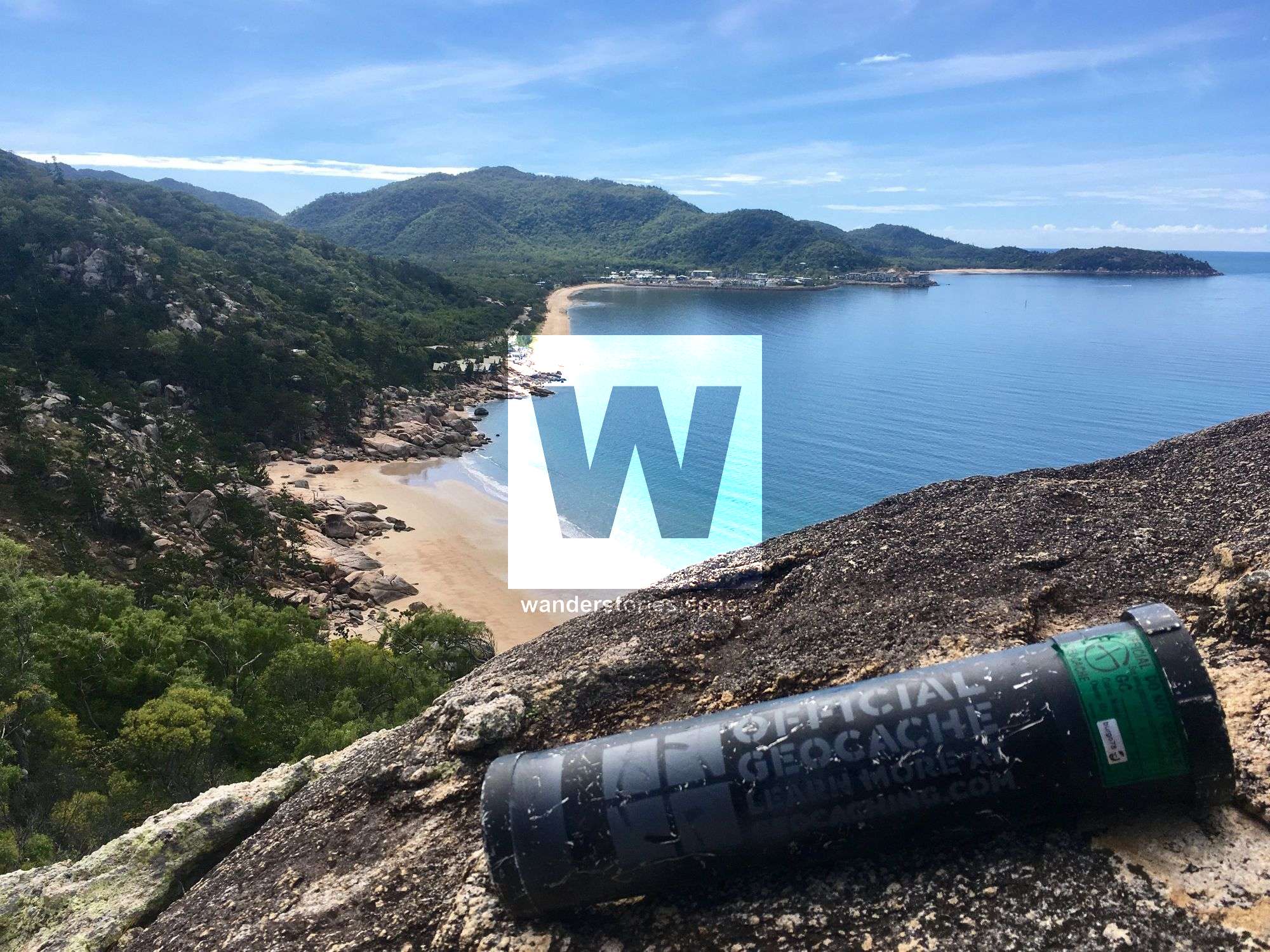
"Ask me if I want to walk around the block, and the answer is no. Ask me if I want to walk five kilometre in the bush to find a box full of stuff I don't want, and I'm ready to go. Tell me it's for an FTF (First To Find), and I'm already running!"
– Mark Burgess, Geocaching Townsville
The 'box' is a Geocache. The object of geocaching (a.k.a. caching, treasure-hunting) is to navigate, using GPS coordinates listed online with a GPS receiver or your mobile device and perhaps other navigational skills, to find a container that was discreetly placed by another player. Why would someone take so much time to find such a box? Is it full of treasure? While the answer is usually no – although most containers do hold SWAG, but more on that later – the real treasures include discovering a location you may never have known about, the adventure that took you there, and the friends you meet while playing the game.
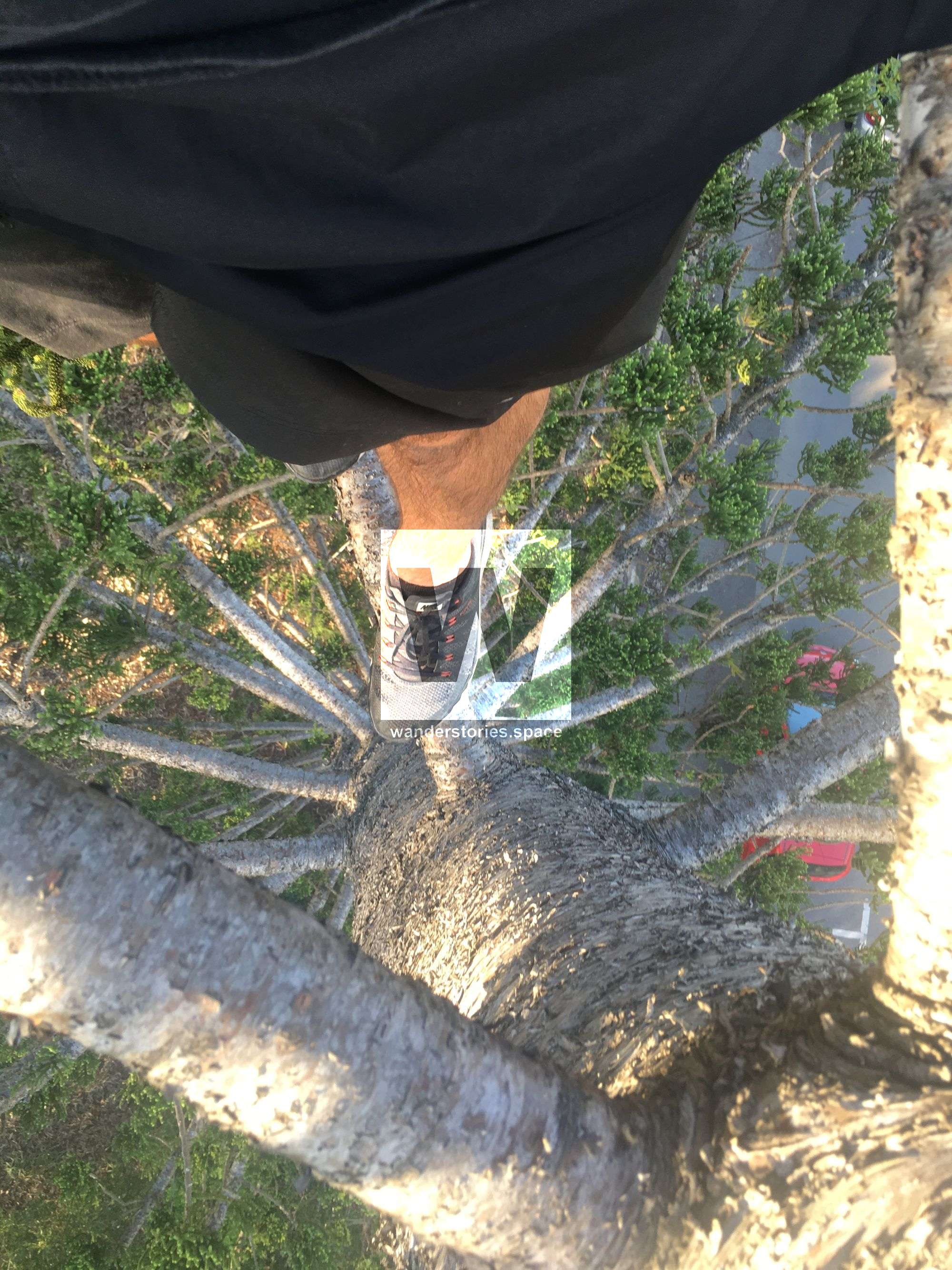
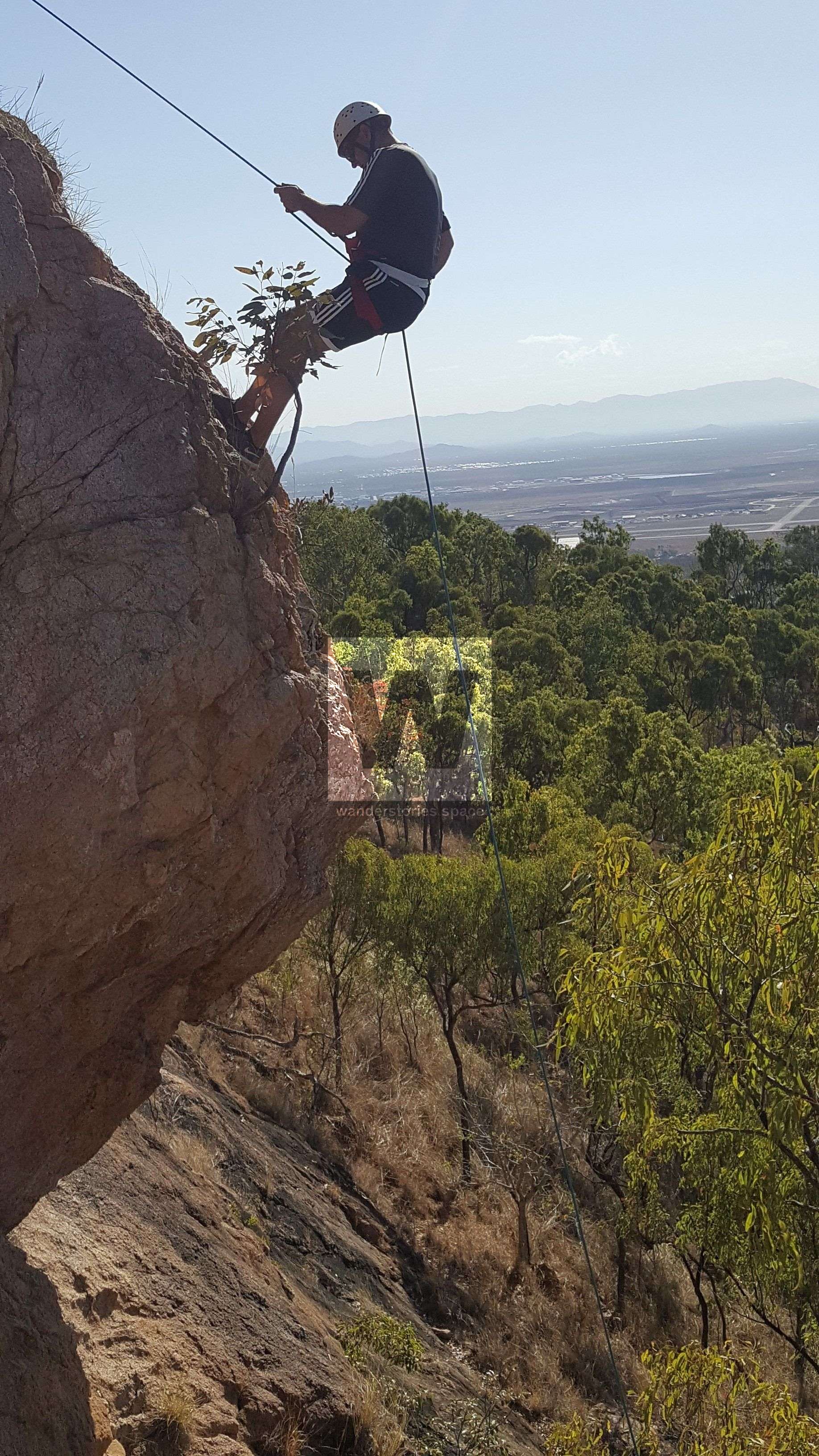
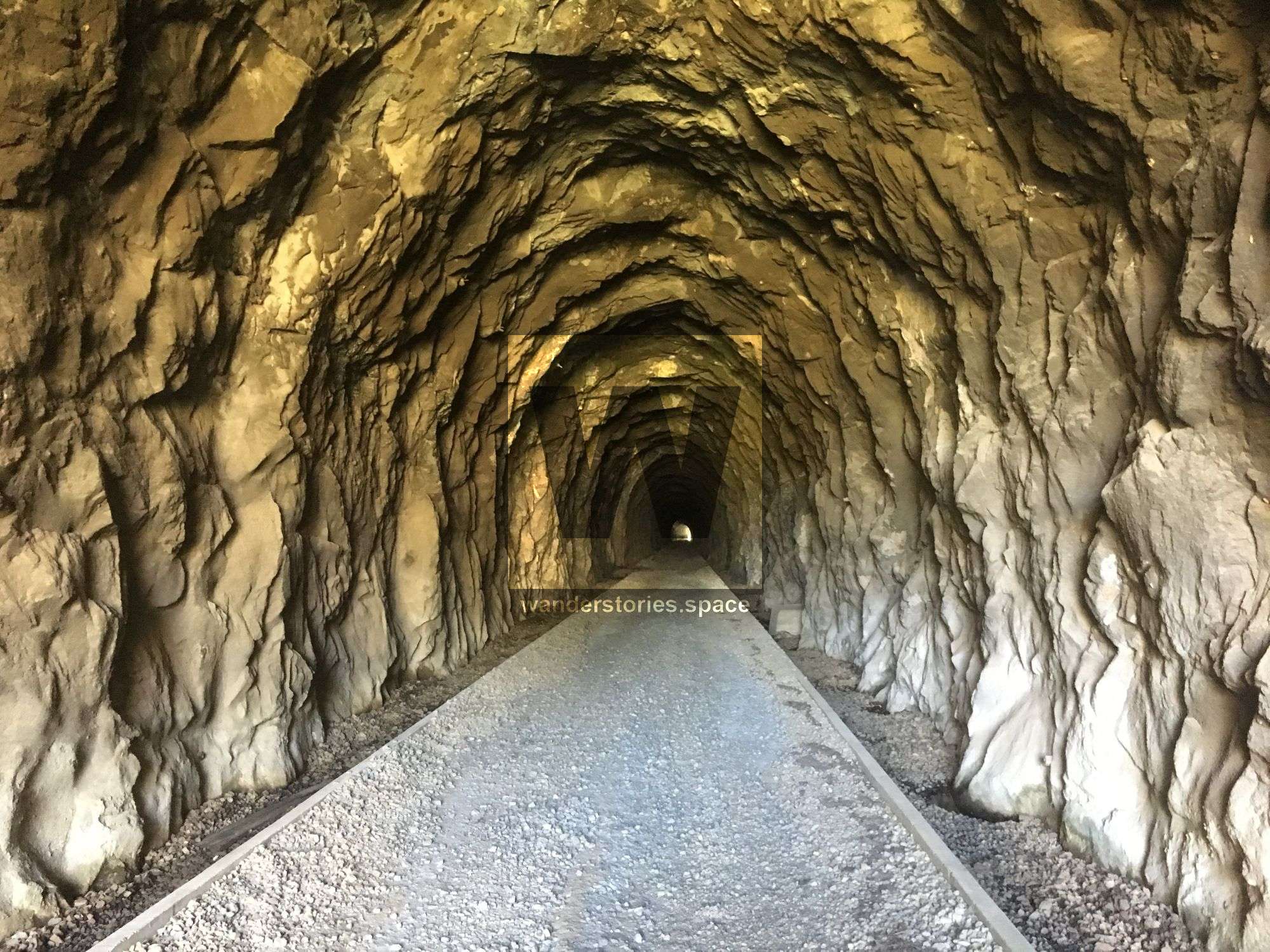
Back in 2000, just outside of Portland, Oregon (USA), computer consultant Dave Ulmer created this location-based game called geocaching. Prior to this time, using GPS for such an activity would not have been possible, as the Selective Availability feature associated with GPS made errors of up to 100 metres. Apparently this was a remaining feature during war times. When this feature was turned off on 2 May 2000, a lot of technology opened up for the general public to use in terms of navigation. And of course, the game of geocaching became possible. Fast forward to today, and there are roughly 3 million hidden containers all over the world just waiting to be discovered by enthusiastic geocachers. And, with close to 600 caches within 50 kilometres of Townsville's CBD, it is highly likely that there are some quite close to you right now.
Townsville area locals have plenty of variety from which to choose. While some hides can be mundane, Sistema containers simply placed along the side of the road, that some call "drive-bys", "park 'n grabs" (PNGs), or "cache and dash", other hides may take you on a bit of a journey, having you feeling a bit like Indiana Jones. If you enjoying exploring and adventure, geocaching may just give you that extra motivation you need to get off the couch. Townsville has caches on many local peaks and trails, around bays, up trees, underground, and there are even caches even underwater. Some caches even require a four-wheel drive, a boat, a kayak, or climbing gear to access them.
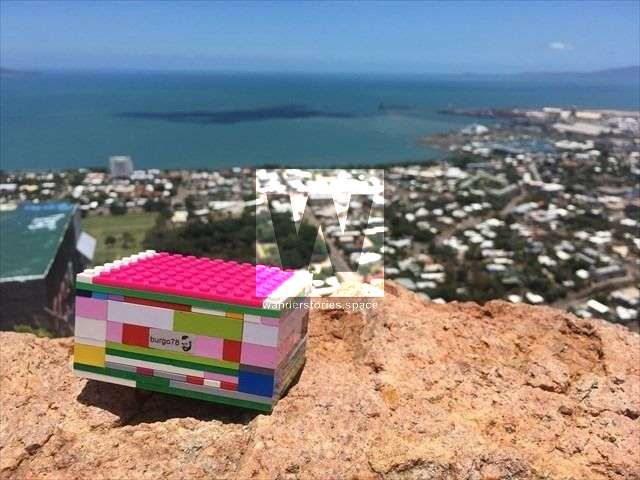
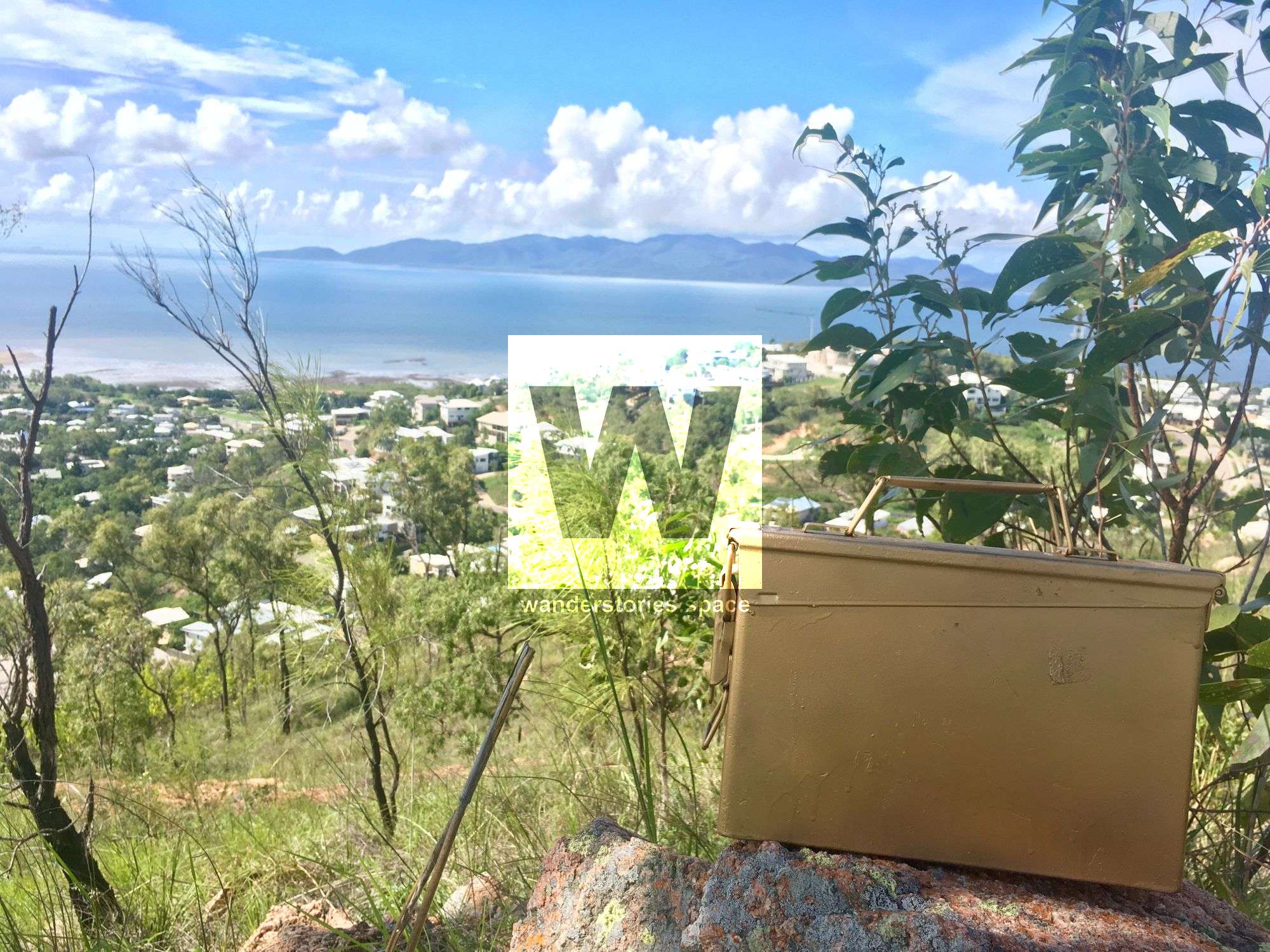
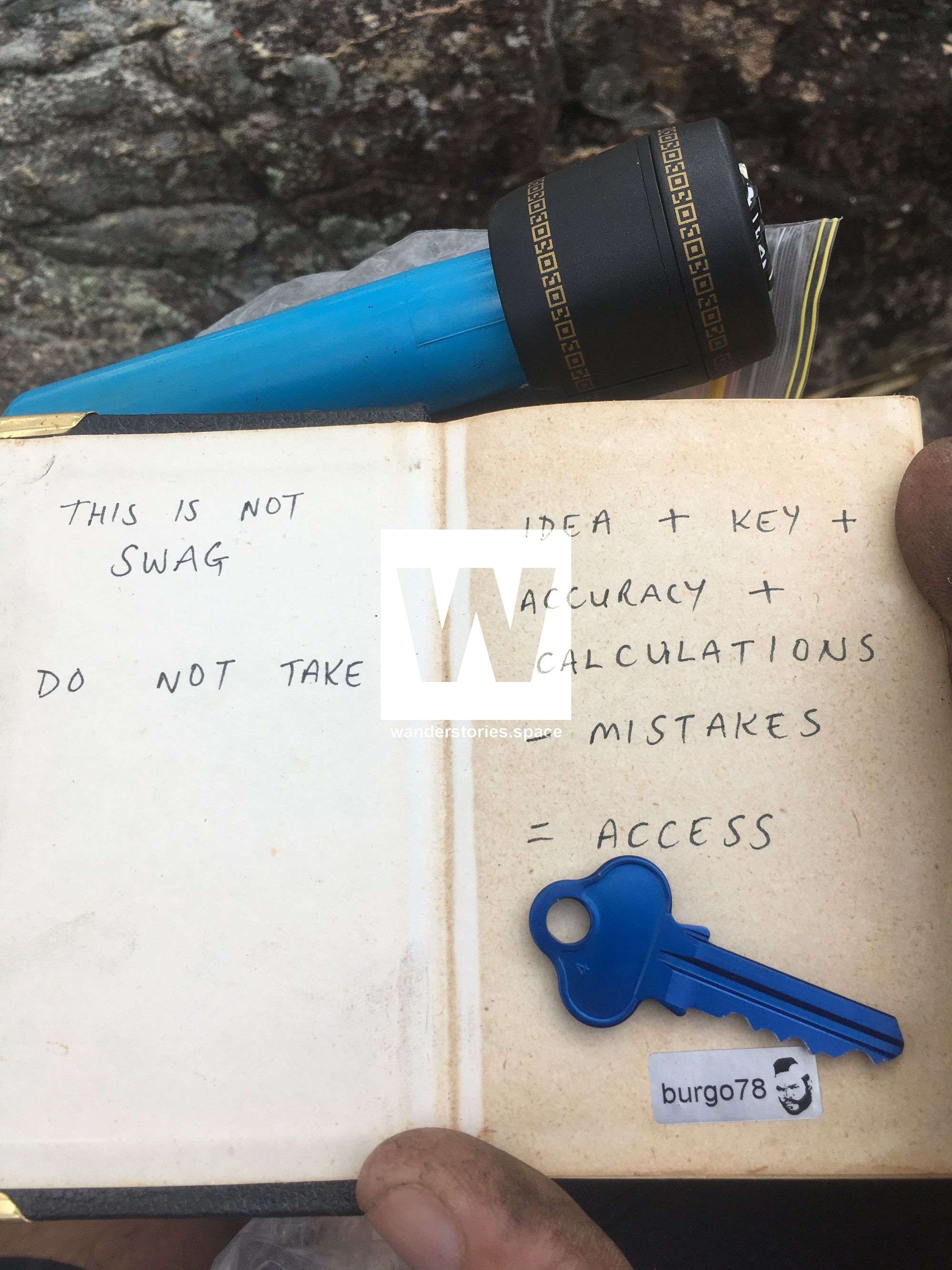
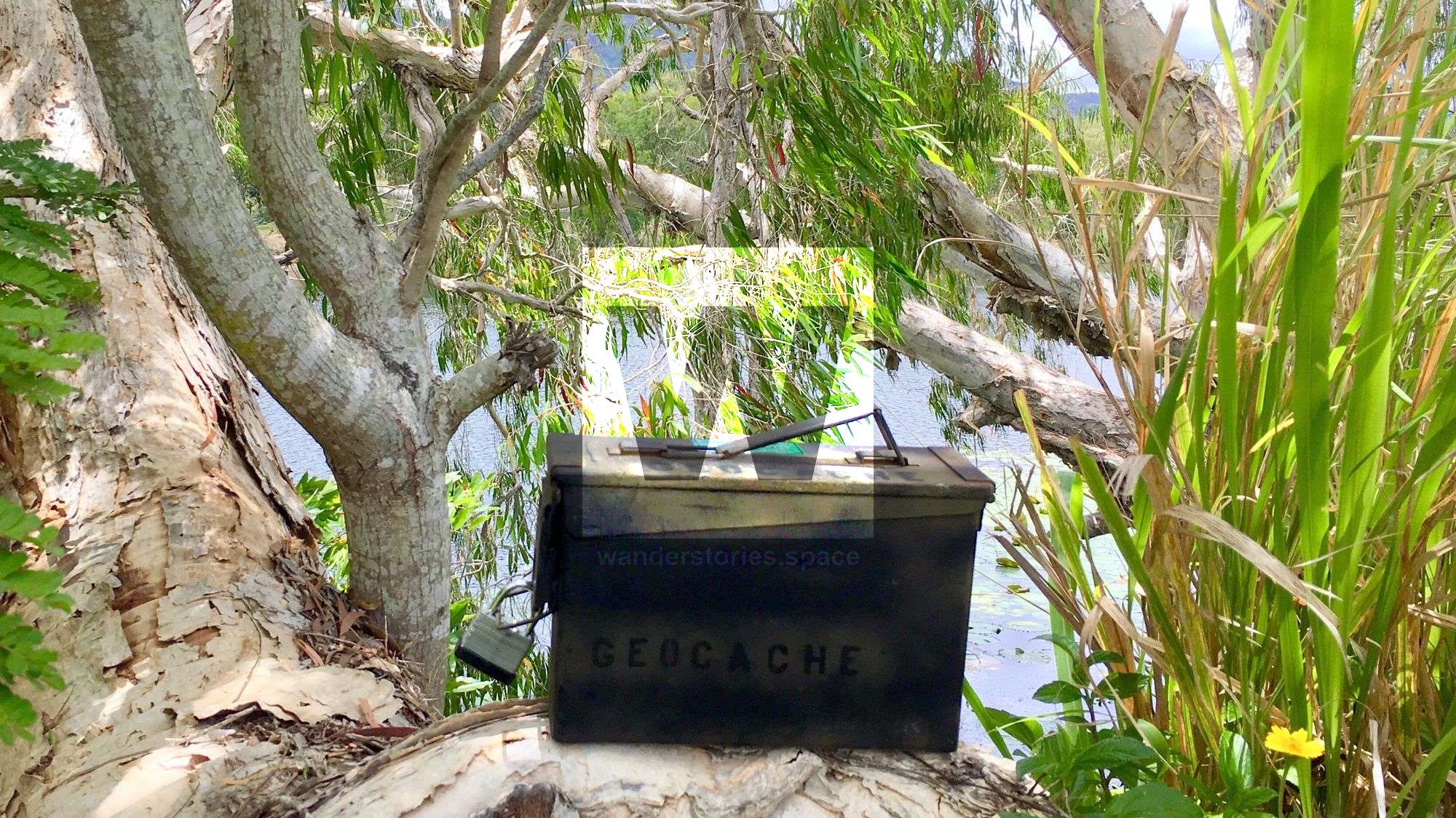
If geocaching does not prove challenging enough, try a 'mystery geocache', which requires you to solve a puzzle before obtaining the coordinates. Mystery geocaches surely provide a workout for both brain and body. Likewise, 'gadget caches' are often easy to find, but a 'field puzzle' must be conquered before you can access the cache's logbook.
The benefits of geocaching are numerous. This activity helps people get outdoors, encourages exploration, and emphasises the importance of problem-solving in an exciting way to crack the code. Indeed, geocachers get the opportunity to seek out treasures hidden by other players while exploring interesting locations. And, although modern geocaching using mobile devices and GPS has only been around since 2000, those with a sense of adventure, mystery, and knack for problem solving have been loving activities like this for centuries. In fact, many believe that modern geocaching came from the mid 1800s game of letterboxing, which was invented in Devon, England. We are a curious species, that is for certain.
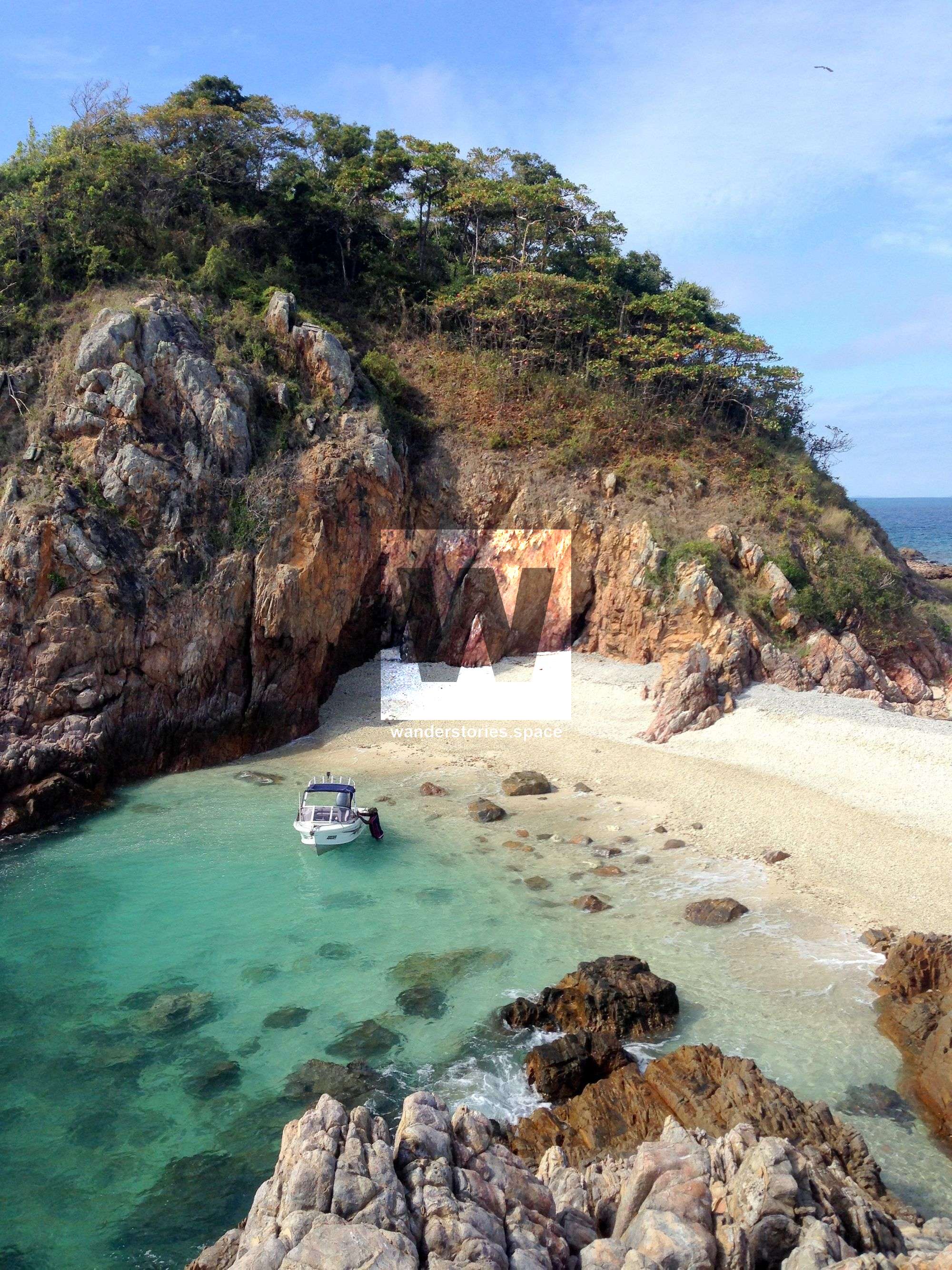
What you will need to start geocaching
If you are excited to discover the hidden treasures in your area, all you really need is a GPS-enabled smartphone to download a geocaching app and to register for a free basic membership at Geocaching.com. Before you head out, don't forget a pen for signing the logbook, which you will hopefully find tucked inside the cache you unearth. If you have any questions, join the Geocaching Townsville Facebook group where you can post questions and learn more about local geocaching activities. You may also decide to brush up on the geocaching acronyms by having a quick glance at the geocaching glossary.
How to play the game
The concept is simple. Using GPS coordinates listed on Geocaching.com, you set off in search of a container, which can be anything from a large bucket to a nano cache no bigger than a thumbnail, that another player has hidden in a specific location. The best containers tend to be waterproof.
Each geocache has a rating (1-5) for both difficulty and terrain. When you are just starting out, choose an easier cache (lower rating) to get a better idea of how items are typically hidden. Use your phone or GPS device to navigate to its location, and start searching until you find the prize.
Caches should always contain a logbook for players to sign, which provides proof that they found the cache. The larger caches will often have SWAG (Stuff We All Get) in the form of small toys, knick-knacks, personal items, or Geocoins. Remember to be courteous. If you take something, you are expected to leave an item of equal or greater value for the next person to enjoy. Once you discover the cache, sign the logbook, and return the container to its secret location. You can then write about your experience online and thank the geocacher who hid the cache.
Geocache listing websites have their own guidelines for acceptable geocache publications. Generally accepted rules include the following:
- Do not endanger others;
- Minimise the impact on nature;
- Respect private property; and
- Avoid public alarm.
So, what are you waiting for?
All photos in this article are by Mark Burgess.This article, and all other articles, are for entertainment purposes only and are not to be used as a guide. Please see our Disclaimer for more information.

